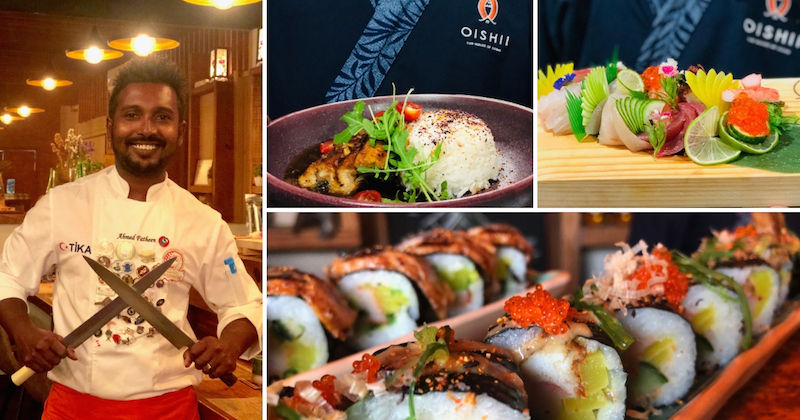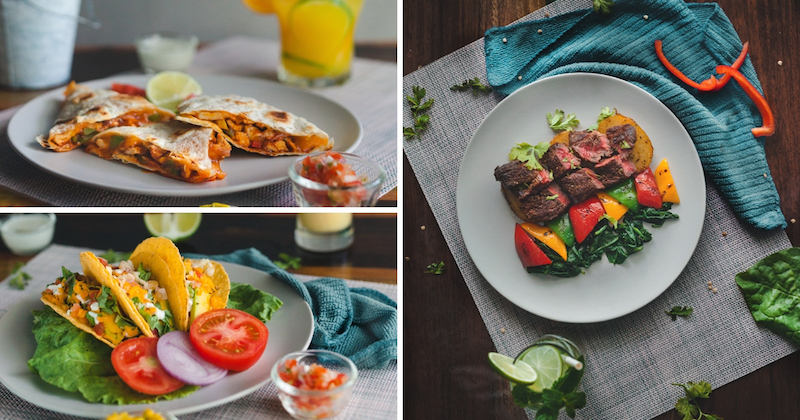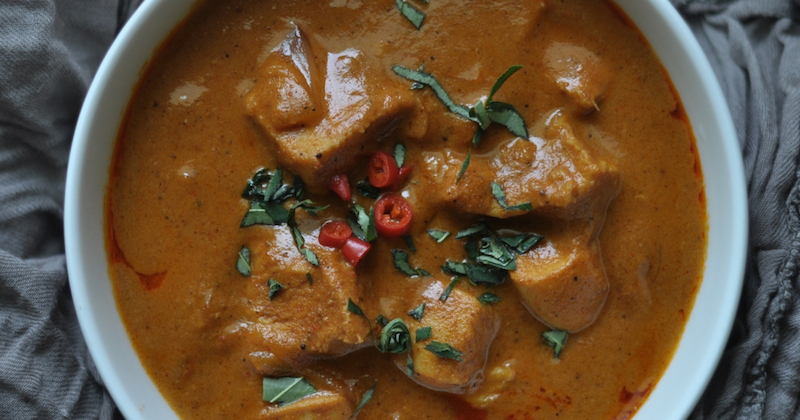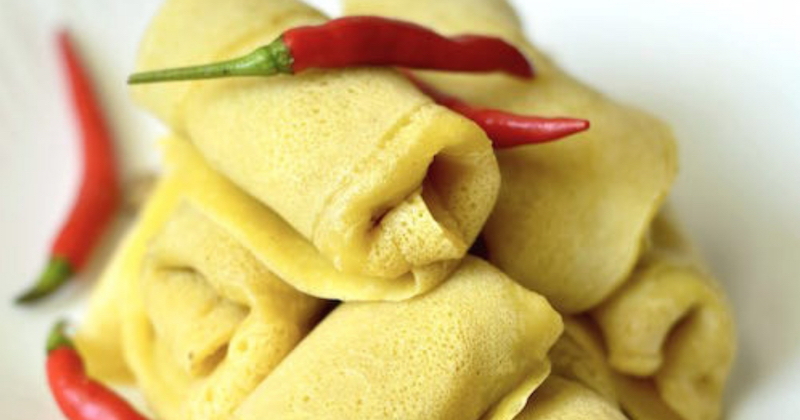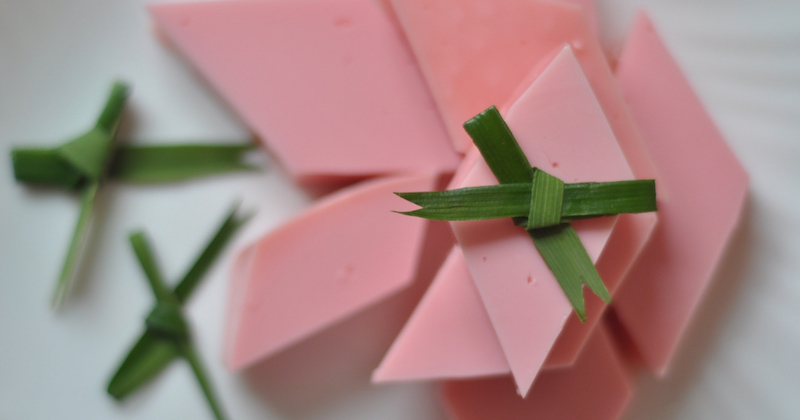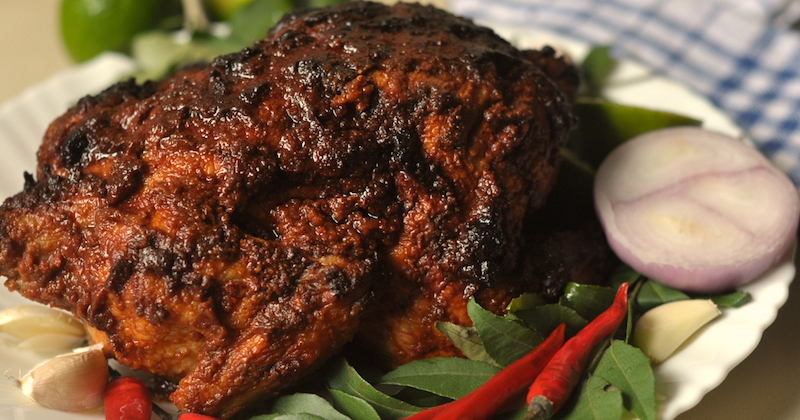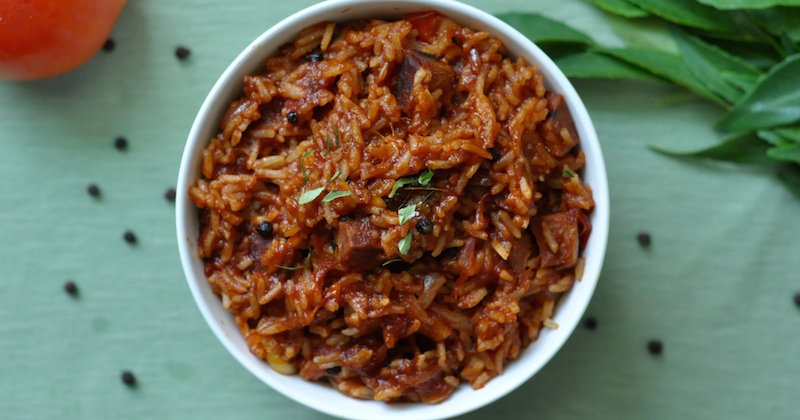Fitr Eid Food Culture in the Maldives
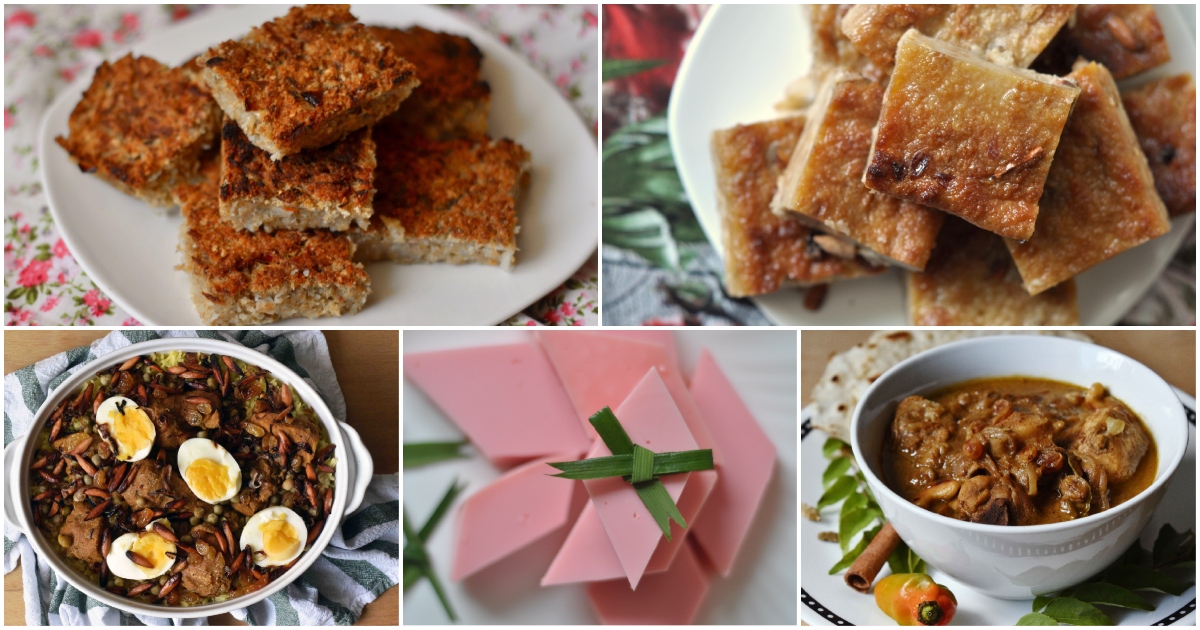
by Iyath Adam
Once Ramadan is over, Muslims all over the world celebrate Eid-al-Fitr. Known as Kuda Eid or Fitr Eid in the Maldives, this is one of two Eids celebrated by Muslims.
As most cultural occasions, Fitr Eid also has its own food culture around it.
Mornings are kicked off with the Eid prayer which is conducted in congregations in mosques or dedicated big open spaces. After this, children and adults alike would visit family members and exchange Eid hadhiyaa or gifts.
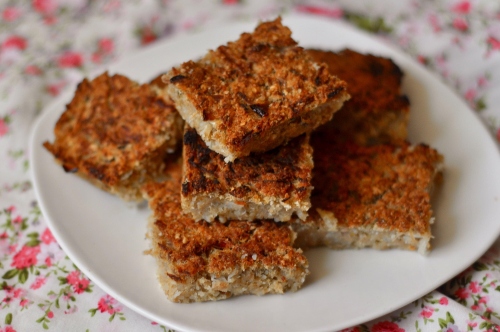
Eid breakfast usually consists of kulhi boakibaa – also known as Eid boakibaa – which is prepared the night before. Nowadays, other hedhikaa or short eats are also prepared and enjoyed, such as gerikiru boakibaa, paan boakibaa, rihaakuru boakibaa and gulha as well.
In island communities, breakfast is a widely communal activity where different households prepare their versions of Eid boakibaa and short eats and get together to eat.
Another Eid tradition which is followed in some islands is the practice of making Eid kunbus – a special type of sweet boakibaa. Preparations for Eid kunbus starts around three days in advance before Eid.
First, a kunbus mixture is made from gabulhi huni (desiccated young coconut), sugar, flour and dhiyaa hakuru (Maldivian coconut honey) which is cooked together until it turns into a deep reddish-brown colour, similar to huni hakuru. Next, a hole is dug in the ground and firewood is burned in it until it turns to ash. The kunbus mixture is then wrapped in banana leaves, placed in the hole, and covered with more hot ashes, allowing it to cook through residual heat. It is continually checked to ensure that it is cooked and covered with more ashes as it cools down.
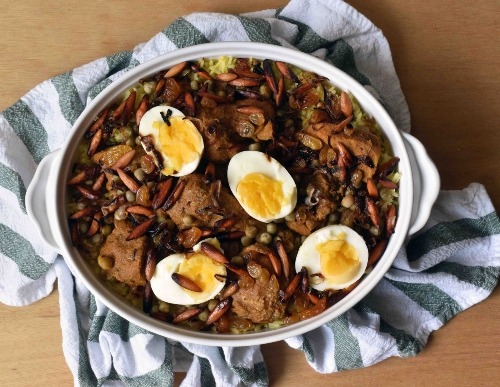
Eid lunch is a large affair, often with family members getting together in one house. Typically, chicken dishes are the centre pieces of Eid feasts with along with rice dishes such as folaa, kaaliyaa birinjee and biriyani. Always-present sides include satani and pappadum as well as traditional dessert drinks such as kandhi (made with coconut milk and fruits), rava pirini (made with semolina and condensed milk) and haluvidhaa (Maldivian version of jelly).
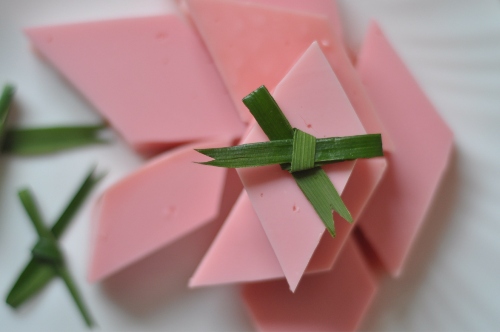
Want to know more about Maldivian Eid dishes? Check out our Eid list here!
About Lonumedhu
Lonumedhu is about eating great food right here in the Maldives.
Our easy to follow recipes use locally available ingredients.
In our blog you will find food news, interviews with chefs and cooks, useful information about eating out and other foodie reads.
Contacts
© Lonumedhu.com 2017-2026. All rights reserved. No part of this website may be reproduced without the written permission of the publisher.
Advertisers
Lonumedhu.com has partnered with Qualia Pvt Ltd, a publishing & marketing agency, for its desktop and mobile advertising.
Advertising enquiries should be directed to (960) 987 4396 or marketing.sales@lonumedhu.com.

